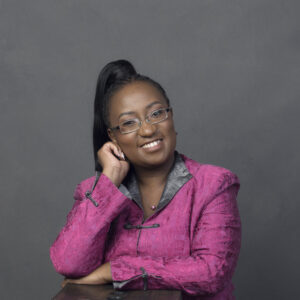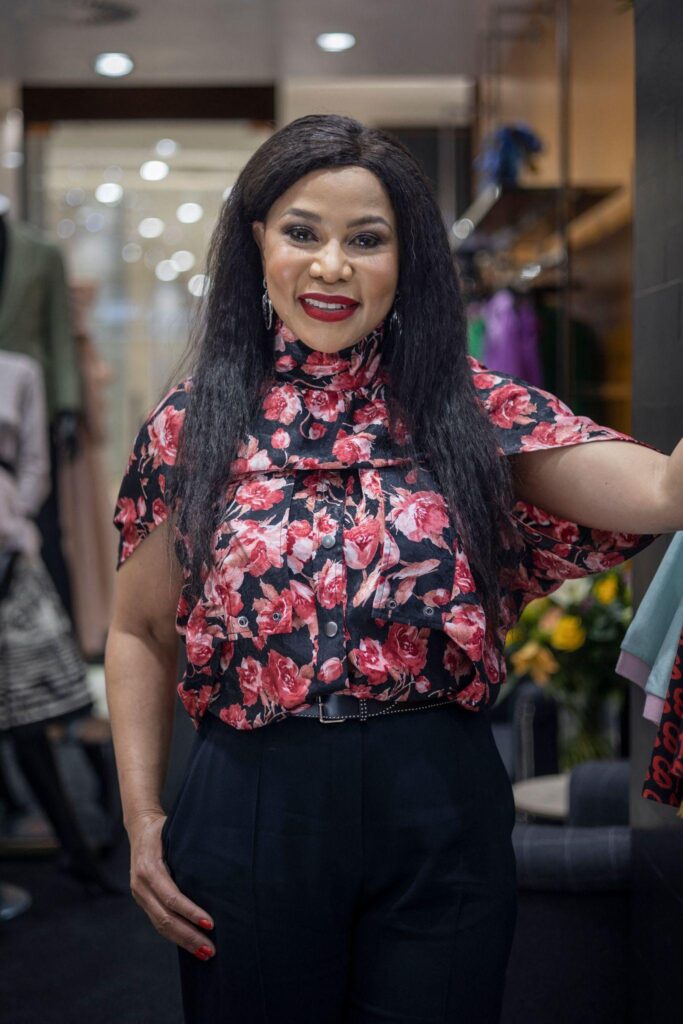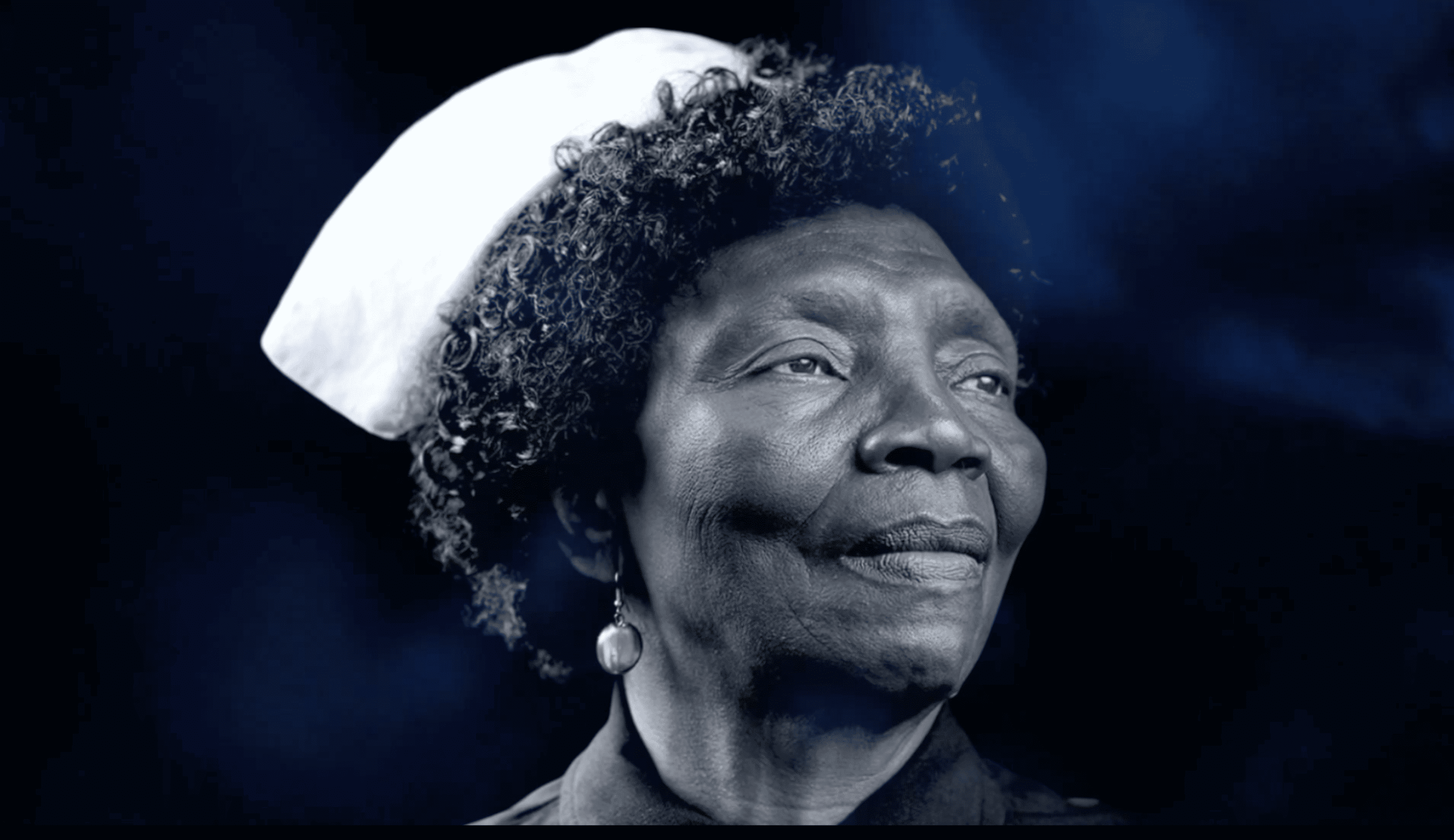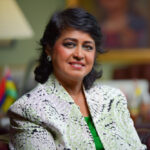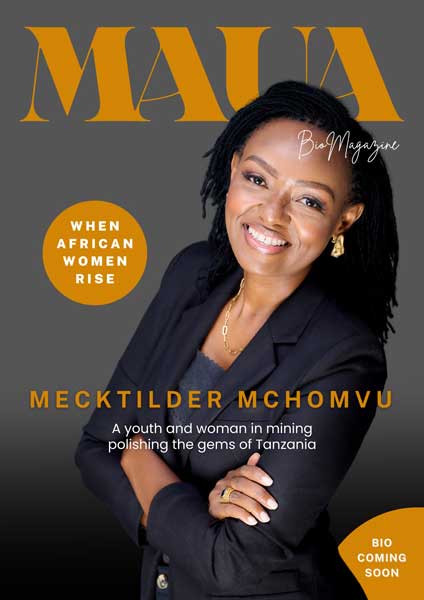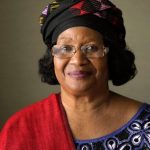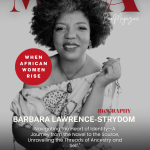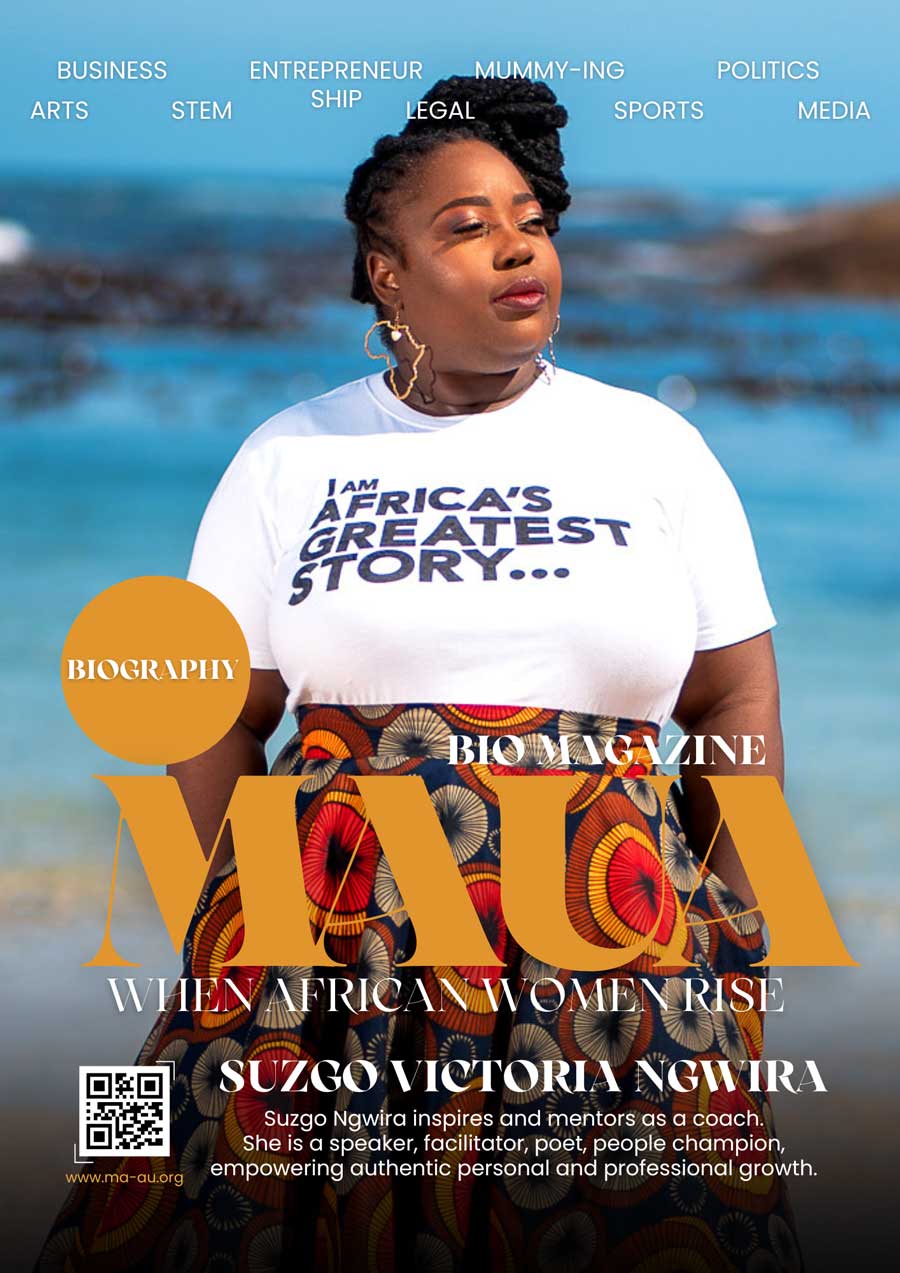Now Reading: Florence Chikowore: Leading Change with Courage, Civility and Ubuntu
-
01
Florence Chikowore: Leading Change with Courage, Civility and Ubuntu
Florence Chikowore: Leading Change with Courage, Civility and Ubuntu
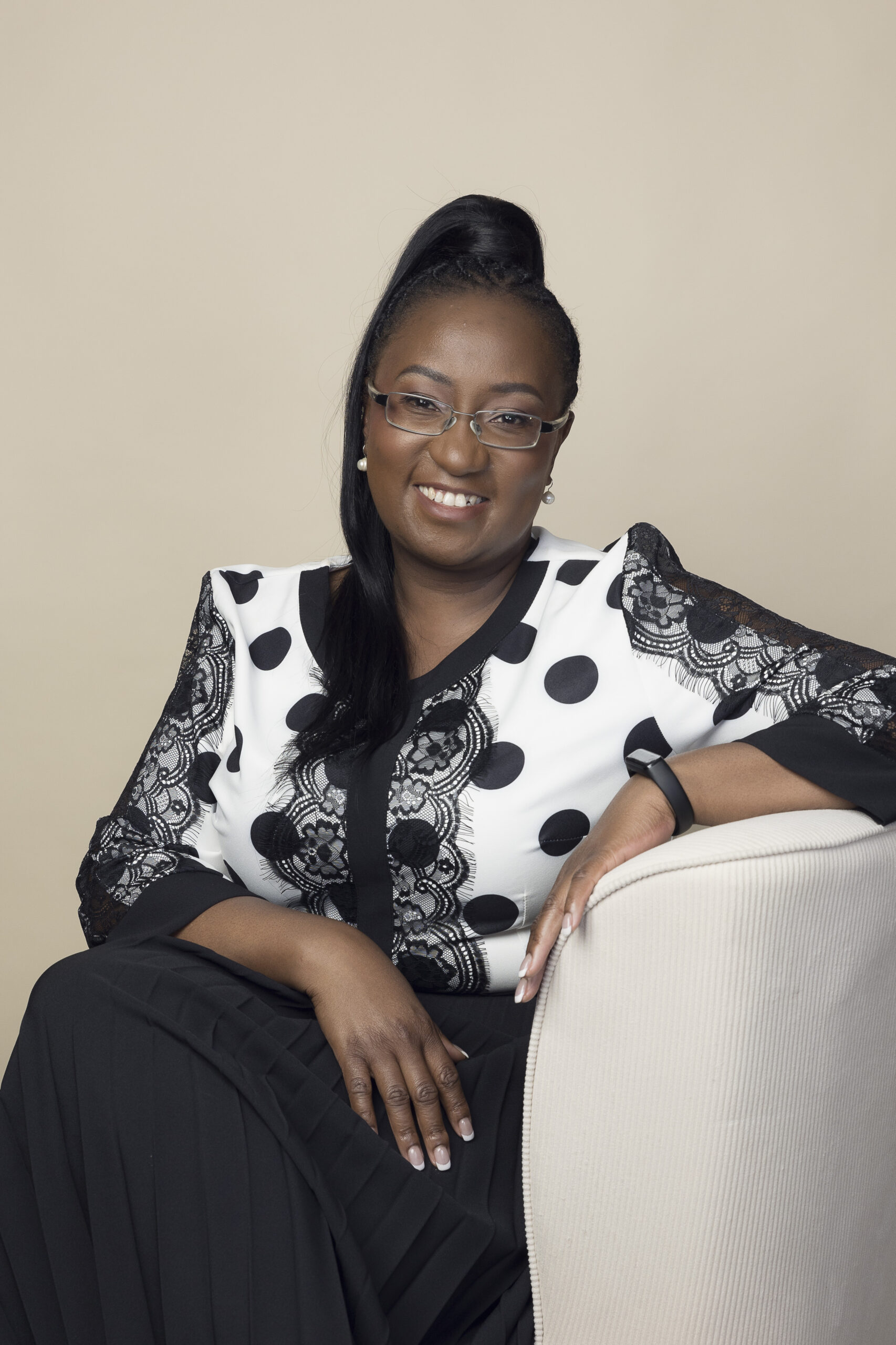
Florence Chikowore, widely known as Flo, describes herself first as a curious citizen of the world. Her natural curiosity about people has shaped much of her journey, but she is quick to add that her favourite role is being a mother to two teenage boys, as well as “mum” to her beloved Yorkshire terriers. Beyond her personal life, she has built a career as a seasoned change management specialist, leadership coach and speaker, with a particular focus on women leaders. She is also the founder of Flo Consult, a consultancy born during the challenges of the COVID-19 pandemic, which she affectionately calls her “COVID baby.”
Flo’s career in change management spans over twenty-five years, much of it within the NGO sector and in social impact work. She is passionate about the human side of organisational transformation, emphasising that change management is not about rules, fear, or control, but about supporting people through transitions in a way that preserves their dignity and sense of purpose. “There is always a human journey in every process,” she explains. “The fear people feel during change is natural, but organisations can help people to adapt, even in difficult circumstances, by treating them with empathy and respect.” For her, this includes offering practical support such as career counselling or financial planning when individuals face job losses, reminding leaders that even when the outcome cannot be altered, the way it is handled can determine whether people move forward with hope or despair.
Flo’s own leadership philosophy is rooted in empathy, kindness and Ubuntu. She sees these not as sentimental ideas but as essential leadership qualities that create civility in society and in workplaces. “Globally, civility is the closest concept to Ubuntu, it’s about how we treat one another, whether we are respectful, whether we listen, whether we uphold each other’s dignity,” she reflects. For her, women in particular often carry an innate strength in empathy and resilience because of their roles in raising families and communities. Yet she warns against women feeling pressured to lead according to male templates. “Why try to be something you are not? Lean into your own gifts,” she advises.
Her insistence that kindness is not weakness challenges corporate environments that too often reward toxic competitiveness and oppressive styles of leadership. “Kindness has boundaries,” she notes. “It means seeing the other as human, not allowing yourself to be walked over.” She uses the metaphor of an emotional bank account: leaders who treat people with respect deposit goodwill over time, which creates trust and reciprocity. Toxic leaders, by contrast, are constantly withdrawing and eventually find themselves bankrupt, abandoned by their teams. For Flo, leadership is about sustainability, not only of organisations, but of people.
“Kindness has boundaries, it means seeing the other as human, not allowing yourself to be walked over.”
The pandemic further reinforced her advocacy for human-centred leadership. COVID, she explains, pressed the global reset button, stripping life down to the basics of survival. As the world adapted to remote work, many people restructured their lives and leaders had to relearn how to build trust. Flo challenges organisations that are now forcing employees back into offices without acknowledging the trust and flexibility they themselves relied upon during lockdowns. “You cannot blow hot and cold with people. Leadership must continue to be rooted in trust, flexibility and recognition of individuals as human beings,” she argues passionately.
Her insights extend beyond corporates into the NGO sector, where she lectures and mentors through the NGO Whisperer Centre for Social Impact. She observes that many NGO founders suffer from “carer fatigue,” giving tirelessly but neglecting self-care. They often struggle with fundraising and sustainability, relying too heavily on donor dependency. Flo insists that NGO leaders, like their corporate counterparts, need coaching, governance structures and strategies to avoid burnout and to ensure their missions endure. She reminds them that doing good must be matched with financial sustainability, otherwise their impact will collapse when funding disappears.
Underlying all her work is a belief in the power of dignity and civility. She draws vivid examples from across industries, healthcare, mining and banking, highlighting that while each sector has unique complexities, the common threads are always communication, respect and trust. She speaks with admiration of Alma Clinics, a pioneering healthcare initiative she supported in South Africa, where intentional values-driven culture shaped patient care and staff relationships. For her, this is a model of how change management can transform communities when it is people-centred.
Flo’s entrepreneurial journey has also shaped her counsel to others. From her first unstructured attempt at consulting to eventually founding Flo Consult, she has learnt the importance of visibility, networking, humility and paying it forward. She emphasises that networks need to know what you do and how they can help and that leadership is sustained by staying curious and supporting others along the way. “When you pay it forward, you never know where it will take you, but it always comes back,” she says.
Looking ahead, Flo’s vision for Flo Consult is twofold. She is committed to professionalising change management as a discipline across Africa, advocating for practitioners to be recognised through accredited bodies in the same way as accountants, lawyers, or HR professionals. She also dreams of introducing a civility index on the continent, a system already recognised by the United Nations in other regions, which would measure behaviours such as respect, time management and workplace interactions, bringing a tangible framework to what are often dismissed as “soft skills.” For her, these are not soft at all, but essential.
“She also dreams of introducing a civility index on the continent, a system already recognised by the United Nations in other regions, which would measure behaviours such as respect, time management and workplace interactions, bringing a tangible framework to what are often dismissed as “soft skills.” For her, these are not soft at all, but essential.”
What emerges most strongly from Flo’s story is her belief that leadership is, above all, human. It is about recognising the complexity of people and creating systems that honour their dignity, enable their growth and protect their well-being. Whether coaching women leaders, guiding NGOs, or advising corporates, her message is consistent: empathy, kindness and civility are not luxuries, they are the foundations of sustainable leadership.
Here’s her interview on 011 Radio – the Pulse of Jozi

